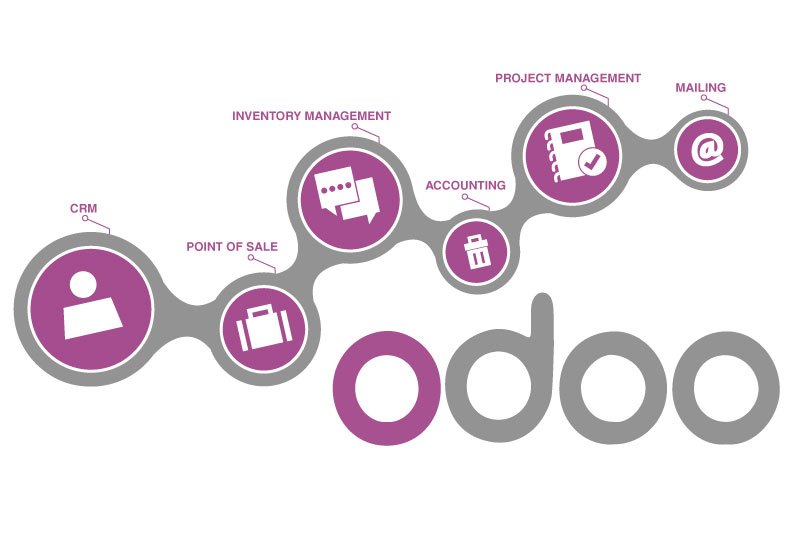
In the ever-evolving landscape of business technology, the need for seamless integration and flexible extension has become imperative for organizations striving for agility. One such powerful tool that stands out in the realm of enterprise resource planning (ERP) is Odoo. Renowned for its modular structure and open-source nature. Odoo offers businesses the opportunity to not only streamline their operations but also tailor the software to meet their specific needs. This blog explores the significance of integration and extension in Odoo customization and how it contributes to enhancing business agility.
Understanding the Power of Odoo
Odoo as an All-in-One Solution: Odoo, with its extensive suite of applications, covers a wide range of business processes, including accounting, inventory management, human resources, and customer relationship management. This all-in-one approach eliminates the need for disparate systems and fosters collaboration across departments, laying the foundation for a more agile business structure.
The Role of Integration in Odoo Customization
Seamless Data Flow:
One of the key aspects of business agility is the ability to access and analyze real-time data. Integration in Odoo ensures a seamless flow of information between different modules, preventing data silos and enabling better decision-making. For example, integrating the sales and inventory modules allows businesses to manage their stock levels more efficiently and respond quickly to changes in demand.
Third-Party Integration:
Odoo’s open architecture facilitates integration with third-party applications and services. Whether it’s connecting with e-commerce platforms, payment gateways, or marketing tools, businesses can enhance their operational capabilities by integrating Odoo with the tools they already use. This not only streamlines processes but also reduces manual efforts, freeing up time for more strategic tasks.
Extending Odoo:
Tailoring Solutions for Unique Needs
Modular Customization:
While Odoo provides a comprehensive set of features, every business is unique with its own set of requirements. Odoo’s modular structure allows for easy customization and extension of functionalities. This means that businesses can add custom modules or modify existing ones to align the software with their specific processes, ensuring a perfect fit for their operations.
Scalability:
As businesses grow and evolve, so do their needs. Odoo’s extensibility ensures scalability, allowing organizations to adapt the ERP system to accommodate changing requirements. Whether it’s adding new fields to forms, creating custom reports, or developing entirely new modules, the extensibility of Odoo empowers businesses to stay agile in the face of growth.
Case Study: Odoo in Action
Company XYZ, a growing e-commerce business, integrated Odoo with its online store and implemented custom modules to automate order processing and inventory management. This not only reduced manual errors but also improved order fulfillment times, resulting in increased customer satisfaction and, ultimately, higher sales.
Conclusion
In a dynamic business environment, agility is the key to survival and success. Odoo, with its integrated and extensible architecture, provides businesses with the tools needed to navigate change, adapt to evolving market conditions, and stay ahead of the competition. By leveraging Odoo customization through integration and extension, organizations can build a robust and tailored ERP system that not only meets their current needs but also positions them for future growth and innovation.



